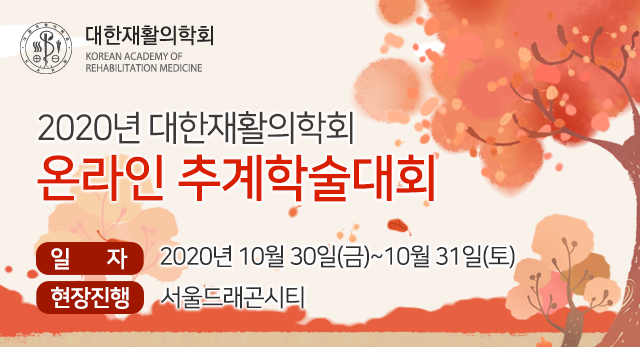| 제목 |
VR-based Rehabilitation Training System for Hand Recognition Rehabilitation |
| 소속 |
Soonchunhyang University, Department of ICT Convergence1, Soonchunhyang University, Department of Computer Science and Engineering2, Soonchunhyang University Seoul Hospital, Department of Physical Medicine and Rehabilitation3, Soonchunhyang University Bucheon Hospital, Department of Physical Medicine and Rehabilitation4 |
| 저자 |
Hyun-Woo Kim 1*, Yunyoung Nam1,2†, Sungwoon Choi2, Hyun Seok4, Ji Woong Park3† |
Background: Nowadays technology has developed, the rehabilitation has been treated using medical tools which have been used for a long time. The hand cognitive rehabilitation tools are inconvenient for therapists to conduct the evaluations by the side. And the difference occurs depending on the therapist and the measurement method. In addition, it is inconvenient for patients to focus on treatment because there are no factors that can attract interest. Therefore, this study proposes a hand-recognition rehabilitation training system in the Virtual Reality (VR) environment to raise concentration and interest for subjects requiring hand-recognition rehabilitation.
Methods: This study aims to develop a system that allows the hand function training and cognitive training while maintaining concentration and interest by measuring and scoring the time and errors of moving each block through board game contents, called the Hanoi Tower and grip in VR environment. In order to evaluate the performance of developed glove controller and VR rehabilitation contents, five non-disabled adults in their 20s were solved in the same task using VR Hanoi top games and actual Hanoi top tools, and the time taken during the process was measured and compared.
Results: The VR-based rehabilitation training took longer than the actual Hanoi Tower, however, there was no significant difference in the speed of the task when the actual Hanoi Tower was performed; VR-based rehabilitation training has gradually increased the speed of task by the experiment repetition. Furthermore, VR-based rehabilitation training was evaluated as obtaining high concentration, satisfaction, and interest in the pleasure assessment.
Conclusion: Although VR experience has technical limitations to be used as a rehabilitation tool, VR-based rehabilitation training is possible as a training system to replace the existing actual Hanoi Tower with its long-term evaluation property. It is also expected that non-face-to-face training will be possible to reduce the time and cost of training. In the future, VR-based training is able to have enabled further research for assistive tools in rehabilitation.
Keyword: Hanoi Tower, Grippable controller gloves, Hand Rehabilitation, Cognitive Rehabilitation, Virtual-Reality (VR)
|
|
Fig.1 VR-based Hanoi Tower training contents
Fig.2 Grippable controller gloves
|









